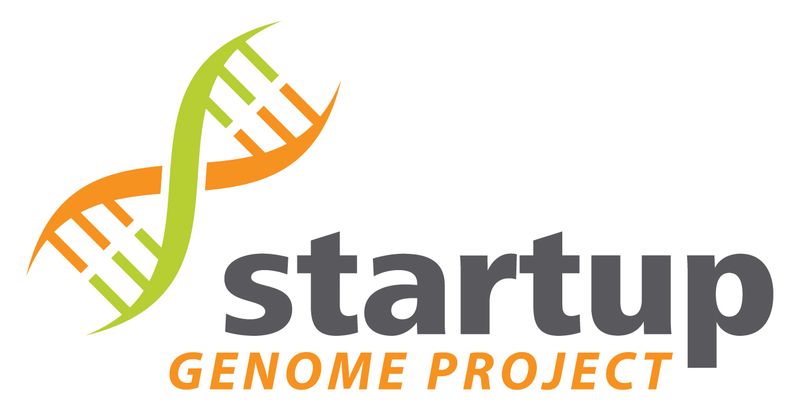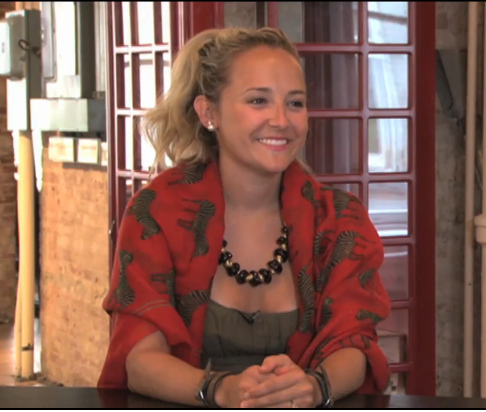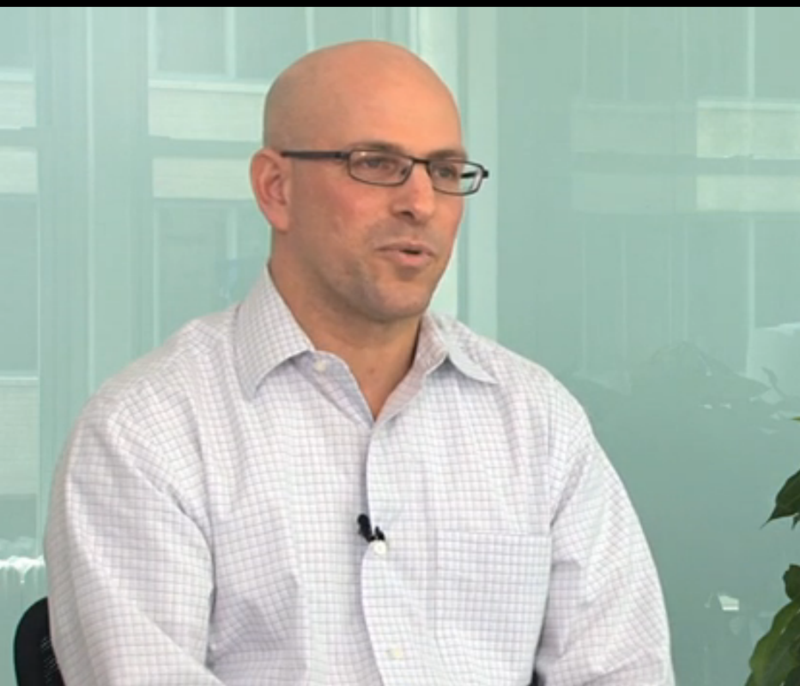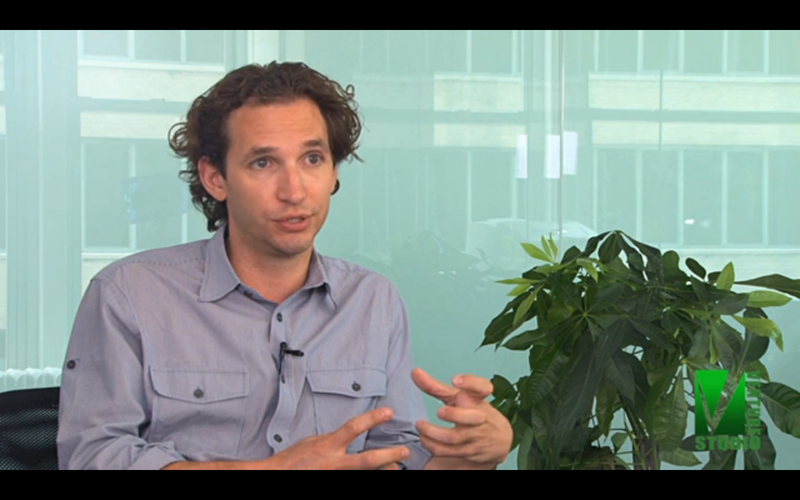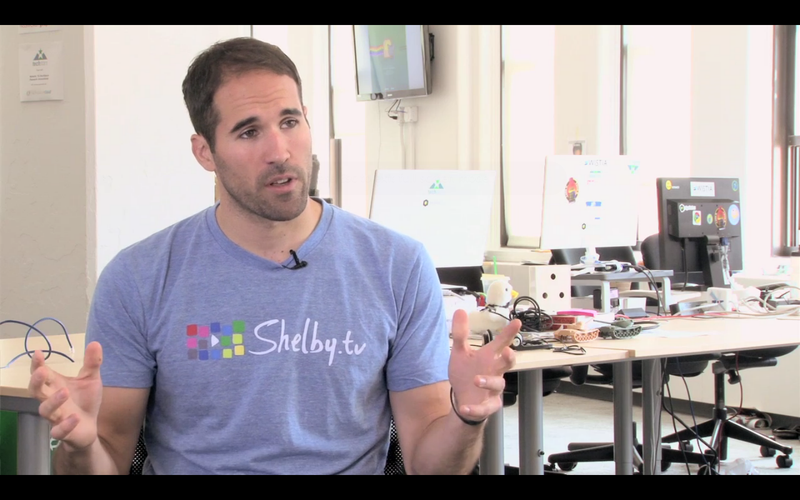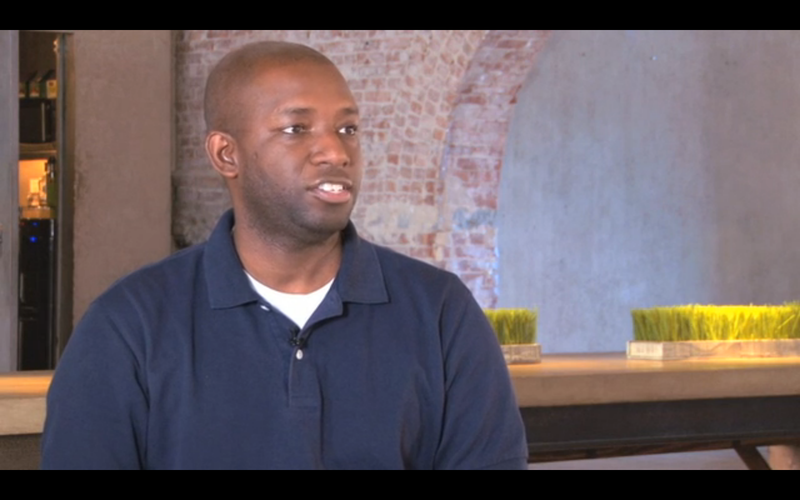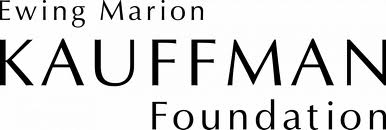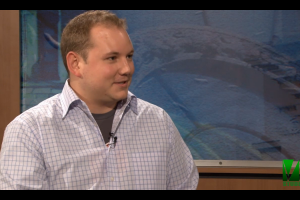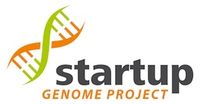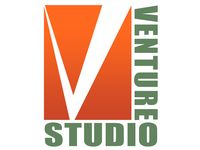 This is part of my ongoing series on Entrepreneurial Culture.
This is part of my ongoing series on Entrepreneurial Culture.
So what's this mythical pain point every startup needs to have that everyone's always referring to? The easy answer, (to quote Supreme Court Justice Potter Stewart), is "you know it when you see it". Perhaps, but I think this concept might best be illustrated by the following short case-study of a company I backed called Updater.
Let's begin with a few questions for you. Have you moved recently? What was that experience like? Take a few seconds to reflect on it. Are you frowning yet? I certainly am. Last year my family moved and, even though it was literally from one apartment to another *in the same building*, it was still massively disruptive and stressful- and I still haven't updated all the services, friends and companies in our lives with our correct new address. To compound this, whenever the regular mailman is away, most of our mail still goes to our old place. The previous tenant probably has thrown out more of our mail than he's handed over to the doorman. I know for certain he tossed my car registration- I have a few tickets to show for it. Painful indeed.
So let's take a very quick snapshot of the "moving" landscape:
- 40+ million people in the US move every year and have a change of address event - The average person moves ~12X in their lifetime - Moving is the third most stressful event in a person’s life, trumped only by death and divorce (according to a Employee Relocation Council survey)
I've moved many times in my life (as I am sure you have)- and everytime was a huge pain for multiple reasons. That's why when I first met the folks at Updater I already understood the profundity of the "pain in the market" deeply. I was delighted thus to learn that they could help with all of the following pain points:
- No need to wait in line at Post Office to get your mail forwarded to your new address (avg wait time in NY's POs are 2-3X that of all other POs in the US).
- Forwarding mail does not mean the senders know you actually moved! This is a massive problem. How many dozens of hours would it take to update everyone and every company in your "network"? Updater provides an easy, online way to send updates of your new address to all your accounts and subscriptions such as:
- magazines & newspapers
- banks & credit cards
- schools
- catalogs
- loyalty programs
- charities & public service
- professional organizations
- political organizations
- social organizations
- They also allow you to easily create a very cool interactive map of your move to notify friends and family via social-sharing and email.
- Updater gets me access to tons of exclusive deals I can save money on. The average professional household move costs $12,230 (Worldwide ERC report)
Updater is just one example of a team that identified a huge pain in the market and is now delivering huge value to their customers. If you're testing the viability of a potential business, the best way to do this is to identify the customers in the market ahead of time(!) and talk to tons of them using a rigorous customer development approach. Keep in mind that you might have multi-sided markets- in other words there might be tons of businesses who you could partner with that help you acquire customers. You need to talk to them as well and continually refine your value proposition.
My main point is this: if you're going to "go-for-it" as an entrepreneur, why not try to solve a huge, painful problem? So many folks are carelessly launching me-too businesses that are commoditized and "nice-t0-haves". Why not put in some heavy-duty customer development effort and emerge with a product that's a "must-have"?
